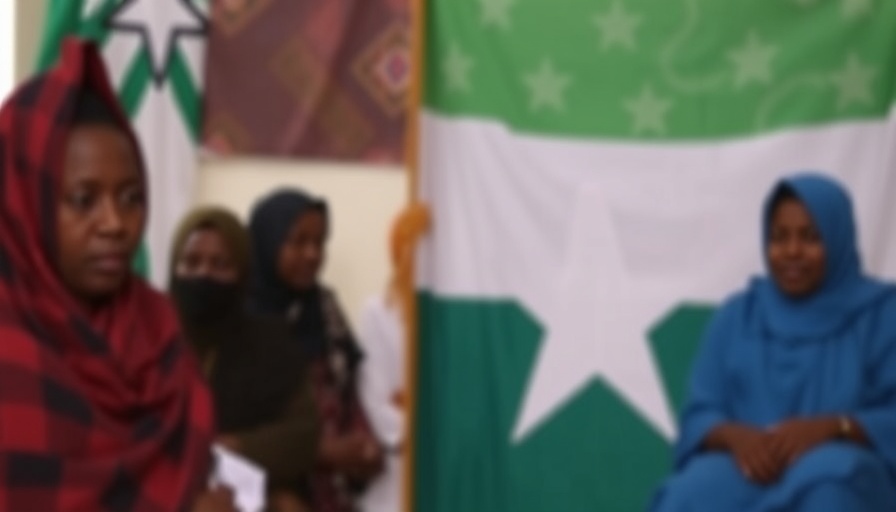
A New Era in Somalia's Federal Structure
In a remarkable development on July 30, Somalia established its sixth federal state, known as the Northeast State, during a pivotal weeklong conference in Las Anod. This creation is being hailed by many as a beacon of hope, particularly for marginalized communities surrounding the regions of Sool, Sanaag, and Cayn. However, the establishment of this new political entity is not without its controversies and has raised significant concerns among neighboring territories, particularly Puntland and Somaliland.
Hope for Marginalized Communities
The formation of the Northeast State is seen as a crucial step in enhancing political representation for communities long overlooked. With 417 delegates representing various societal segments—including elders and civil society members—this new direction aims to foster collective governance in a region plagued by fragmentation and strife. This growing political empowerment is expected to resolve longstanding issues of representation and governance that have hindered progress in these communities.
Ongoing Tensions with Puntland and Somaliland
Conversely, the newly established state has heightened tensions with Puntland, which claims these territories as part of its jurisdiction. Puntland's Parliament Speaker, Abdirisak Ahmed Mohamed, criticized the formation, suggesting it lacked vision and accused the federal government of provocations aimed at diverting allegiance. The relationship between these states could impede collaborative growth and development in the region, thus warranting careful observation moving forward.
A Focus on Governance and Support
Somalia's federal government, represented by a high-level delegation at the Las Anod conference, articulated a strong commitment to supporting the new state's governance. Minister of Interior Affairs, Ali Yusuf Hosh, emphasized resources and operational capabilities would be bolstered for the new administration, which is poised to elect a president imminently. This commitment signals a potential shift toward stability and governance in a region long marked by conflict.
Implications for Regional Dynamics
The formation of Northeast State will inevitably reshape political dynamics in Somalia and may affect foreign relations as well. While Puntland positions itself as a stabilizing force, the acknowledgment of a sixth federal state may lead to increased negotiations regarding economic and trade collaborations that could affect the entire Horn of Africa.
As Somalia embarks on this transformative journey with its new federal state, stakeholders from local communities to international actors should remain vigilant and engaged in dialogue to address emerging tensions and opportunities for unity.
 Add Row
Add Row  Add
Add 


Write A Comment